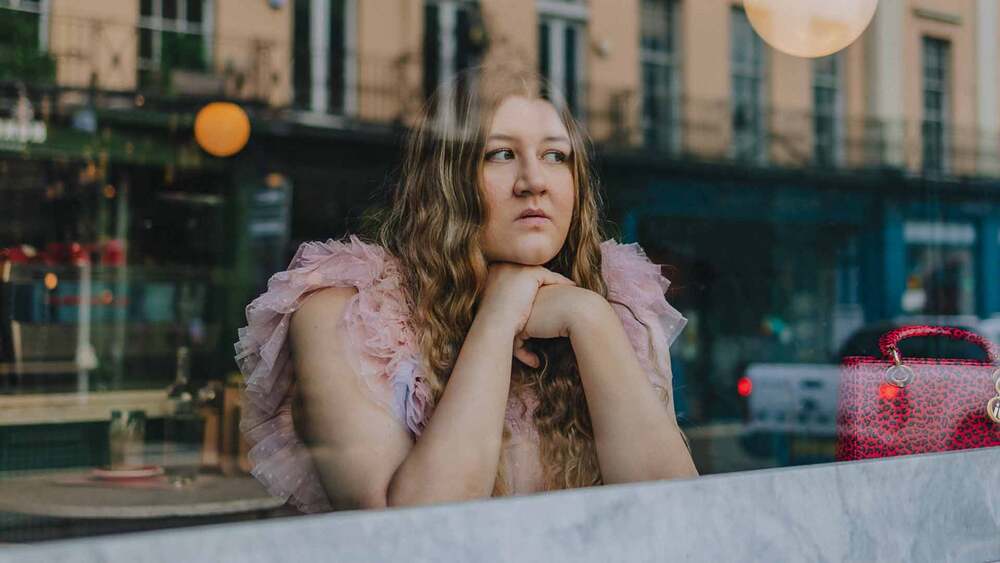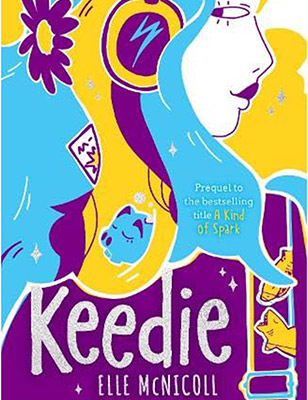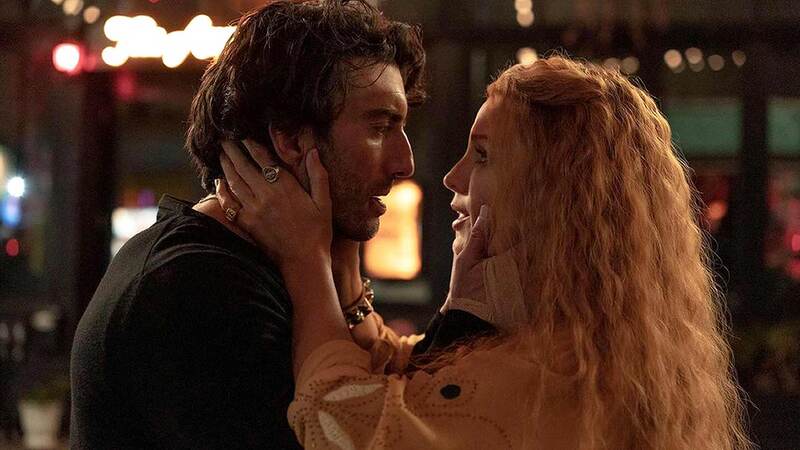You are viewing your 1 free article this month. Login to read more articles.
Elle McNicoll talks neurodiversity, experiencing fandom and the prequel to A Kind of Spark
 Charlotte Eyre
Charlotte EyreCharlotte Eyre is the former children’s editor of The Bookseller magazine, and current children's books previewer. She has programmed ...more
A Kind of Spark helped propel Elle McNicoll into the spotlight. Her latest book is a prequel to her bestselling novel.

Charlotte Eyre is the former children’s editor of The Bookseller magazine, and current children's books previewer. She has programmed ...more
In some respects Keedie, a prequel to Elle McNicoll’s hit A Kind of Spark, is a book that has been a long time coming. When the author signed with Knights Of in November 2019, a second book set in the same world was always part of the plan. But then Covid-19 struck and the world started to change.
“It was March 2020 and I thought: ‘I don’t know if I want to write it right now. It might get a bit dark’,” she says, so the idea was put on the back burner. She only decided to pick up the idea of writing a prequel some years later, while working on the BBC TV adaptation of her first book. “I was around all these amazing kids doing such a great job, and I’m standing in the set, so I am basically in my imagination. I realised I could go back.”
In the new novel, one of the older sisters of Addie, the heroine of A Kind of Spark, takes centre stage. Like Addie, Keedie is autistic, and she is fiercely protective of Addie, to whom she becomes very close, as well as the students in her school who are targeted by bullies.
She isn’t afraid to go after them with water pistols and verbal warnings, or stand on snooker tables to get an apology for their victims, even if it gets her into trouble with teachers.
Bullying is a universal problem and one that McNicoll has both experience of and hears about from readers to this day. “As an author, a lot of the time you write from your own childhood. I’m 31 now, so that was 20 years ago, but there are still those cliques of girls in every school. A lot of kids write to me about their own bullies and everybody— autistic or not—has had this.”
Keedie’s strong sense of justice means that she sometimes “takes things too far”, which was fun for the author (as it is for the reader), but it causes friction with her neurotypical twin, Nina, whose friendship group includes people Keedie despises. Nina and Keedie are “bonded for life” says their creator. “I don’t think there’s anything one could do to the other that would break that bond, but they just don’t like each other a lot of the time,” she says. “It’s like: ‘I love you but I can’t be around you for long periods of time’.”
Neurodiverse people share one thing—the diagnostic criteria—but we have different personalities, backgrounds, so many things
Like her characters, McNicoll is autistic. She was diagnosed with dyspraxia aged nine and the autism diagnosis followed later, but she didn’t talk about it until she was 25. No one was cruel, she says, but she still internalised the idea that she was somehow “botched” or “weird”. Keedie is, in some ways, someone the teenage Elle would have loved to have met because she is stylish and adores clothes. “I wanted autism to be glamorous,” she says. “At 14 I wanted to be pretty, not felt sorry for or looked down on.”
Keedie’s passion for clothes is part of what makes her different from Addie or her autistic friends Bonnie and Angel, and McNicoll is also passionate about showing that autistic people are all different. “We share one thing—the diagnostic criteria—but we have different personalities, backgrounds, so many things.”
A Kind of Spark was a huge hit when it was published in 2020. Not only was it hugely popular with critics and readers, it also changed how the industry published books by and/or about neurodiverse people. But when McNicoll first approached Knights Of it wasn’t even about being an author; she offered her services as an editor on any books with neurodiverse characters. Dee Stephens, one of the founders of the company, responded by asking if she had a story herself, to which she replied yes, even though the manuscript wasn’t finished.
McNicoll went away and completed the story for A Kind of Spark in two days, and things quickly snowballed. Knights Of wanted to publish the book and helped her find her agent, Lauren Gardner. A few months after publication, it became a Waterstones Book of the Month, and Addie’s story gained fans up and down the country. Some can recite sections of the book, and some say it helped them get their diagnosis. Parents tell her that it helped their child vocalise something they couldn’t previously articulate.
The author is also thrilled at the change within publishing. “Now, whenever I see a book with not just neurodiversity in it, but just disability in general, I know I met that publisher [previously] and they’ve changed. They changed their business models and that’s a sign of how great people in this industry are. They are so quick to say: ‘We can do that too.’ Everyone can move with the times.”
There was also interest from TV production company 9 Story Media Group, which was committed to using autistic actors. And when the BBC got behind the project, it was green-lit quickly. “I still don’t know what twigged it because there’s a million amazing children’s books that deserve adaptation, but it was unbelievably quick,” McNicoll says. “We were very lucky.” A second series is due for release soon.
Let’s normalise neurodiversity. We have had enough shame and enough pity and enough tragedy. We need some new stories
There is also a YA novel coming in the autumn called Some Like It Cold. Macmillan won a five-way auction for two books (Knights Of doesn’t do YA) and McNicoll is “excited” to work with one of the big publishers for the first time. There will be more middle-grade output with Knights Of, too.
And is the adult Elle now comfortable in herself? Yes, definitely, she says, and the way fans respond to her work plays a big part in that. “I get DMs every single day from people and it’s wonderful. You realise it’s 15% of us. It’s like being left-handed. Let’s normalise neurodiversity. We have had enough shame and enough pity and enough tragedy. We need some new stories.”









